Local Study
The importance of local history for developing a sense of place and identity is emphasised by the National Curriculum. The local landscape and buildings can often reveal a great deal about the use of land and the type of people who lived there in the past. Buildings and landscape can reveal how long a heritage the place has had. Monuments and local heritage or parish records can highlight individual local heroes or provide a window into the lives of ordinary local people in times gone by. How similar or different were their lives? Often, the local picture can also help to reveal the national or international picture.
Sort by:
Date (Newest first) | Title A-Z
Show:
All |
Articles |
Podcasts |
Multipage Articles
-

What can you do with an old postcard?
ArticleClick to view -

M&S brings over 130 years of archives into your classroom
ArticleClick to view -
One of my favourite history places: Fulham Palace
ArticleClick to view -
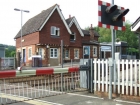
‘Not again!’ - an additional viewpoint on using railways
ArticleClick to view -
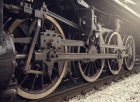
Your Local Railway: a local history investigation in Key Stage 2
ArticleClick to view -

What confuses primary children in history...
ArticleClick to view -
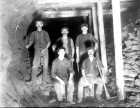
Local history and a sense of identity
ArticleClick to view -
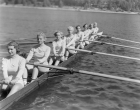
Celebrate your sporting heritage
ArticleClick to view -
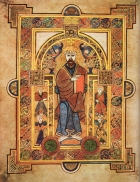
Using original sources
ArticleClick to view -

What makes good local history?
ArticleClick to view -
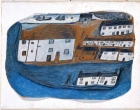
Key Stage 1 local history through fresh eyes
ArticleClick to view -

Local People and Places in the Early Years
ArticleClick to view -

What your local Archive Service can offer to schools
ArticleClick to view -

Using cemeteries as a local history resource
ArticleClick to view -

From Home to the Front: World War I
ArticleClick to view -
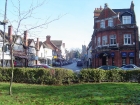
Incorporating Fieldwork into Your History Curriculum
ArticleClick to view -

The 2014 History National Curriculum: how to get the best from heritage
ArticleClick to view -

Using the back cover image: Sandbach Crosses - an Anglo-Saxon market cross
ArticleClick to view -

Place-names and the National Curriculum for History
ArticleClick to view -

Out and About First World War memorials in the heart of London
ArticleClick to view

